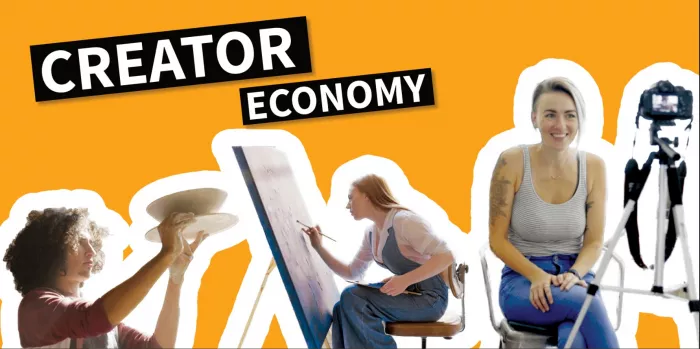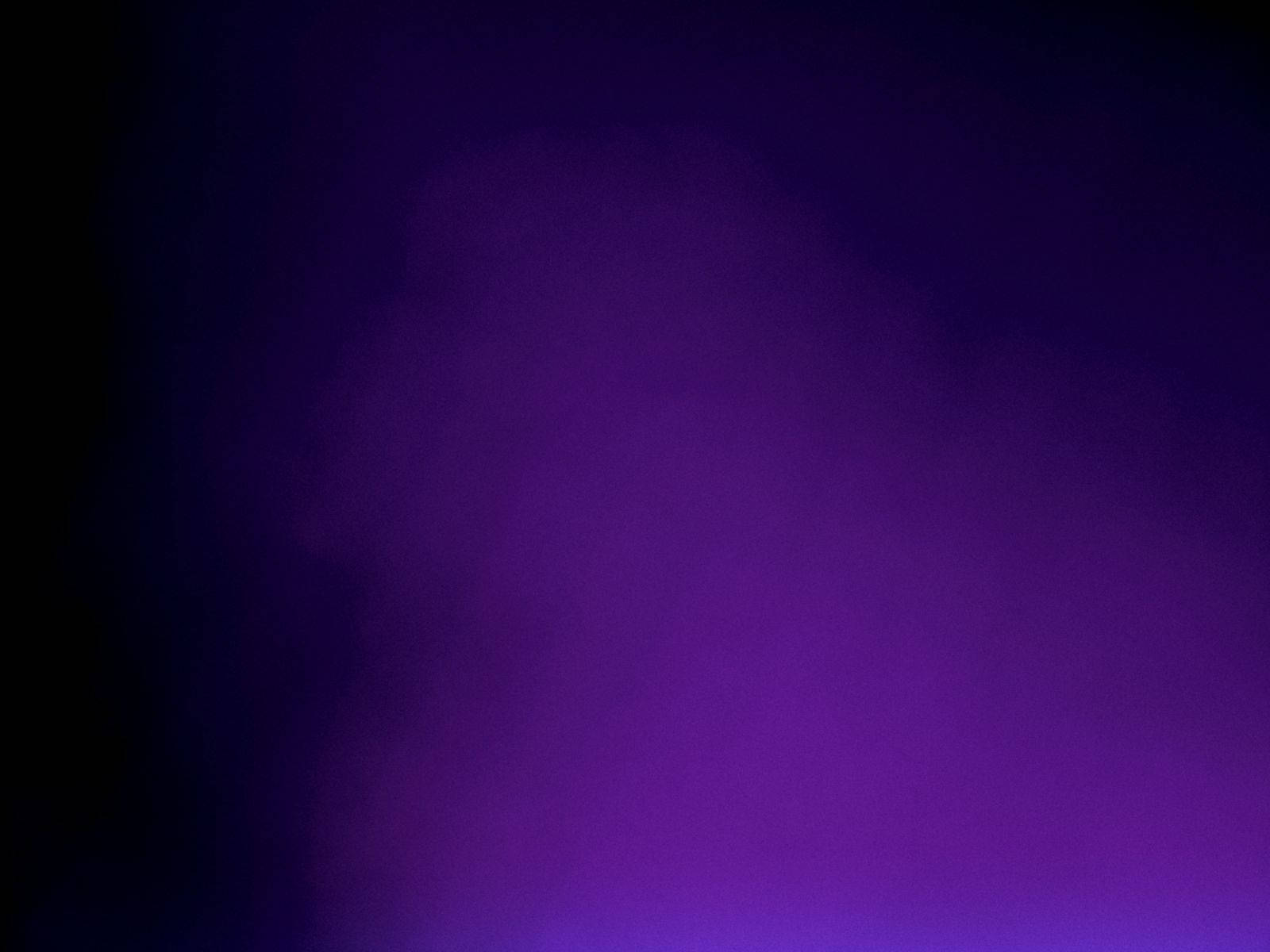
There was a time when the word entrepreneur instantly brought to mind startup founders, brick-and-mortar shop owners, or Silicon Valley tech innovators. But today, the landscape looks very different. A growing number of entrepreneurs aren’t building factories or launching IPOs, they’re filming tutorials, hosting podcasts, writing newsletters, or designing digital products.
In short, creators have become the new entrepreneurs, and their businesses are fueled not by traditional venture capital but by passion, authenticity, and an internet connection.

From Hobbyist to Business Owner
What makes the creator economy so fascinating is its accessibility. Ten years ago, turning a love for gaming, painting, or storytelling into a full-time career would have seemed far-fetched. Today, platforms like YouTube, Substack, TikTok, and Patreon have made it possible to transform even niche interests into revenue streams.
Writers on platforms like Substack are earning steady incomes by building dedicated subscriber bases, something previously reserved for large media outlets.
It’s not just about going viral; it’s about consistent, value-driven content that builds a loyal community. That community, in many ways, is the modern storefront.
Why the Shift Happened
Three big shifts explain why creators now rival traditional entrepreneurs:
- Lower Barriers to Entry – Starting a business once required capital, inventory, and physical space. Now, a smartphone and creativity are enough to launch.
- Direct Access to Audiences – Social media eliminated middlemen. No publisher, label, or TV network is required to reach millions.
- Diversified Monetization – Unlike the ad-only models of the past, creators now blend income from sponsorships, digital products, memberships, live events, and even licensing their content.
A Shopify survey in 2023 estimated the creator economy at over $100 billion, with rapid year-on-year growth. That figure rivals established industries, and it’s still climbing.
Lessons from Traditional Entrepreneurship
While creators are reshaping the definition of business ownership, the fundamentals remain surprisingly similar to traditional entrepreneurship:
- Consistency is Currency: Just as a shop must open daily to serve customers, creators must publish regularly to stay relevant.
- Diversification Reduces Risk: A brand relying solely on ads is vulnerable, much like a business relying on a single client. Multiple revenue streams provide stability.
- Community is Capital: For startups, investors matter; for creators, engaged followers are the backbone of growth.
Creators who adopt these principles are often the ones who break free from the unpredictable “algorithm lottery” and build sustainable careers.
The Human Side of Struggles and Realities
It’s tempting to glamorize creator life as pure freedom, but the reality is more nuanced.
Many face burnout from constant content demands. Others struggle with unstable incomes, platform dependency, and blurred boundaries between personal and professional life.
Take the example of creators who rely heavily on platforms like YouTube. A minor algorithm change can halve their income overnight. In this way, creators aren’t so different from small business owners dealing with supply chain disruptions or sudden regulation changes. Both must adapt quickly to survive.
Turning Passion into Paychecks
For those inspired to enter this world, here are a few actionable takeaways:
- Start Small, Test Often – Begin by sharing consistently, even if only a few people engage. Treat this as your proof-of-concept phase.
- Build an Email List – Algorithms change, but an email list ensures direct communication with your audience.
- Think Beyond Platforms – Consider creating e-books, online courses, or even physical products aligned with your niche.
- Invest in Learning – Marketing, branding, and financial literacy are as important for creators as for any entrepreneur.
- Balance Passion with Discipline – Enjoying what you do is crucial, but turning it into income requires structure, scheduling, and strategy.
Looking Ahead
The creator economy isn’t just a passing trend, it’s a fundamental shift in how work, creativity, and entrepreneurship intersect. As younger generations grow up in a digital-first world, the idea of earning from passions will only become more normalized.
Instead of choosing between “art” and “business,” the modern creator embodies both. They prove that you don’t need to wear a suit or pitch to investors to be an entrepreneur. Sometimes, entrepreneurship looks like a teenager editing videos at midnight, a writer sending weekly essays to readers, or a podcaster building a niche community one episode at a time.




Comments